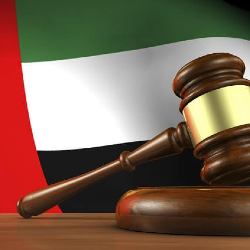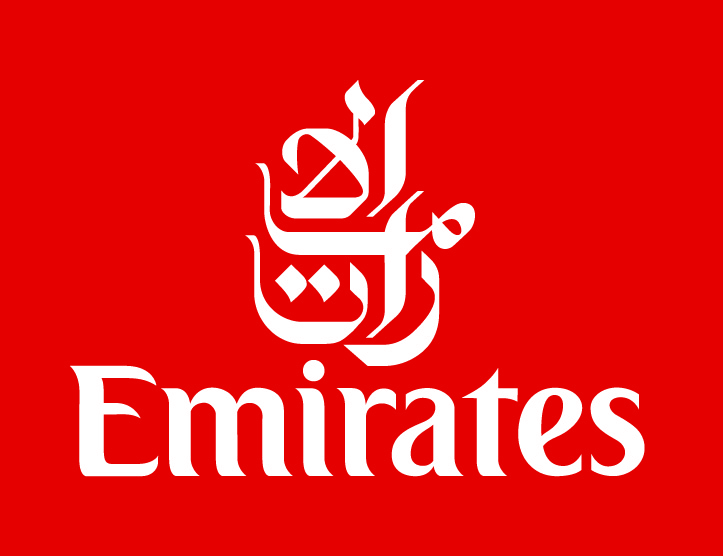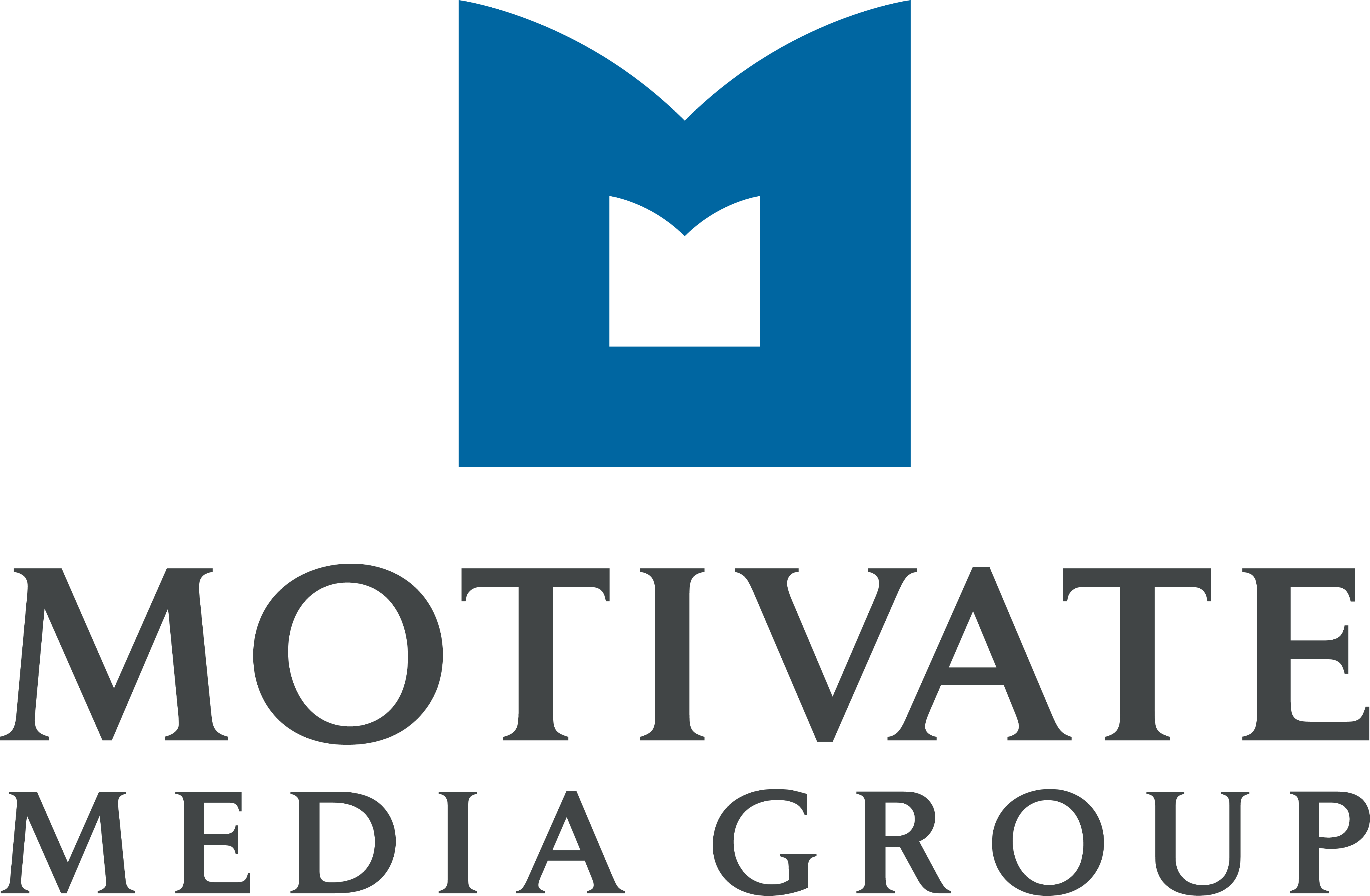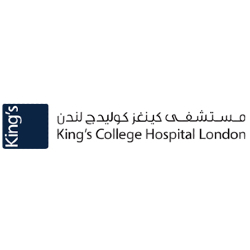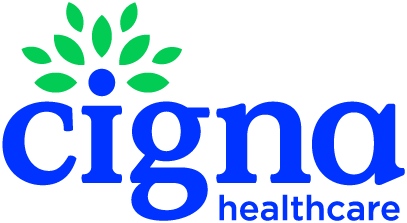BBG Legal Focus Blog - 3
Date Posted:Sun, 10th Feb 2019
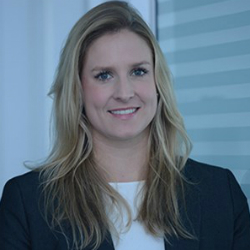
We are pleased to share the latest instalment of the BBG Legal Blog. This month?s blog comes from Lowri Llwyd, a Partner at BBG member law firm Addleshaw Goddard, an International law firm with offices throughout the region and globally.
Lowri shares her perspectives on medical tourism following the huge success of this year’s Arab Health last week. The UAE government and its stakeholders continue their dialogue relating to the healthcare sector. Rising life expectancy, a growing population, a surge in lifestyle related diseases and the expanding economy fuels the need for continuous medical innovations, advancements and progressions.
UAE Vision 2021 states that "the UAE [will] … invest continually to build world-class healthcare infrastructure, expertise and services in order to fulfil citizens' growing needs and expectations"; it is unsurprising therefore that healthcare, and medical tourism, has been a major focus.
Medical tourism in the GCC has grown significantly in the past five years with governments, who have historically relied heavily on oil and gas revenues, seeking to diversify and create new streams of income.
The UAE, in particular, is actively targeting medical tourists and, in 2015, Dubai welcomed just under 300,000 medical tourists from different countries, offering access to a highly qualified group of professional medical specialists and world-class amenities.
With this increased drive to promote medical tourism, we have worked closely with clients and prominent regional industry healthcare providers in connection with the various legal issues surrounding the field, including:
- understanding patients' rights and the responsibilities of healthcare providers;
- immigration and visas;
- government funding for new healthcare projects and the rise in public private partnerships between the government and private medical bodies;
- arrangements between hospitals, medical providers and tourism bodies, such as airline and holiday package companies, as well as government departments;
- referral fee arrangements between clinics and insurance companies;
- foreign suppliers and world-class healthcare providers partnering with local clinics and hospitals;
- branding and partnering arrangements whereby high profile foreign medical professionals share intellectual property and techniques;
- increased medical negligence claims in the local courts;
- the digitisation of healthcare services for medical tourists (e-portals);
- the digitisation and protection of patient data; and
- the regulation of artificial intelligence in connection with the advancement of healthcare technology.
In particular, we have an increasing number of requests from healthcare clients to prepare preferred supplier agreements whereby hospitals and clinics in the UAE will pay referral fees to a range of referees including medical insurance providers, holiday package companies and more commonly, hospitals and clinics from other countries, in order to encourage referrals of medical services.
There is also an increasing trend for internationally recognised doctors and dentists to open clinics locally and to share intellectual property and medical techniques – we are seeing a rise in agreements whereby renowned or celebrity medical professionals provide branding, know-how and services to clinics who then in turn host patients from all over the world.
Other initiatives include the Dubai Health Authority collaborating with Emirates Holidays to provide tailor made "holiday healthcare packages" with the aim of attracting 500,000 medical tourists by 2020.
Additionally, the Department of Culture and Tourism very recently signed a memorandum of understanding with the Medical Tourism Association to bolster Abu Dhabi's medical tourism offering by hosting the 12th Medical Tourism Association's annual World Medical Tourism and Global Healthcare Congress in Abu Dhabi in October 2019 (which will bring together experts in the medical field, exhibitors and buyers) as a major part of the collaboration.
In April 2016, Dubai launched the world’s first comprehensive electronic medical tourism portal, Dubai Health Experience (dxh.ae), offering access to a comprehensive "menu" of health and related services including wellness, cosmetic and dental, ‘packages’, plus ophthalmology, orthopaedics, physiotherapy and other specialised medical tests.
More recently, Department of Health - Abu Dhabi (DOH) and Department of Culture and Tourism – Abu Dhabi (DCT Abu Dhabi) launched the Abu Dhabi Medical Tourism e-portal, a digital platform that provides visitors to Abu Dhabi with all medical offerings and healthcare facilities available throughout the duration of their visit, in the hopes of promoting the available healthcare services and set Abu Dhabi as a key medical tourism destination. The user can, through the e-portal, access medical insurance packages; the first of its kind in the region.
The UAE has also made procuring a visa much easier for medical tourists. A medical tourism visa can be issued within 48 hours and is valid for three months (extendable for an additional three months).
As government bodies continue to seek creative ways to fund new healthcare projects, we can expect government and private players to take advantage of the public-private partnership model. For example, the UAE Ministry of Health, Abu Dhabi Medical Services and GE Healthcare have recently teamed up to operate radiology departments across Ministry hospitals.
With the UAE gaining traction as a medical tourism hub, there will be an increased pressure to ensure that healthcare regulations and legal infrastructure are in-line with international standards.
We expect the volume and complexity of the legal and regulatory issues surrounding the area to continue to grow.


